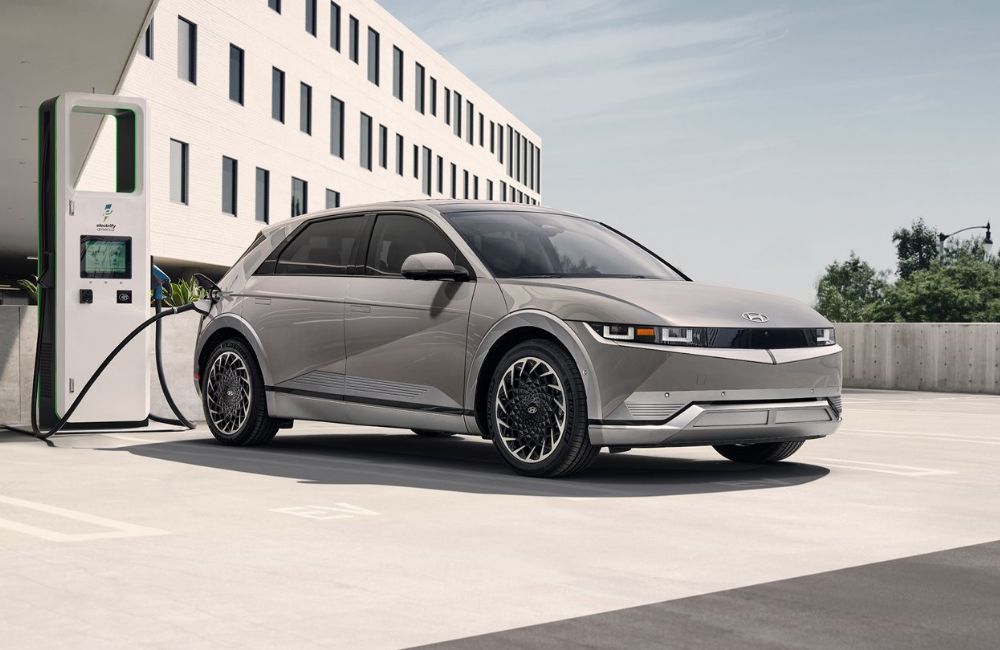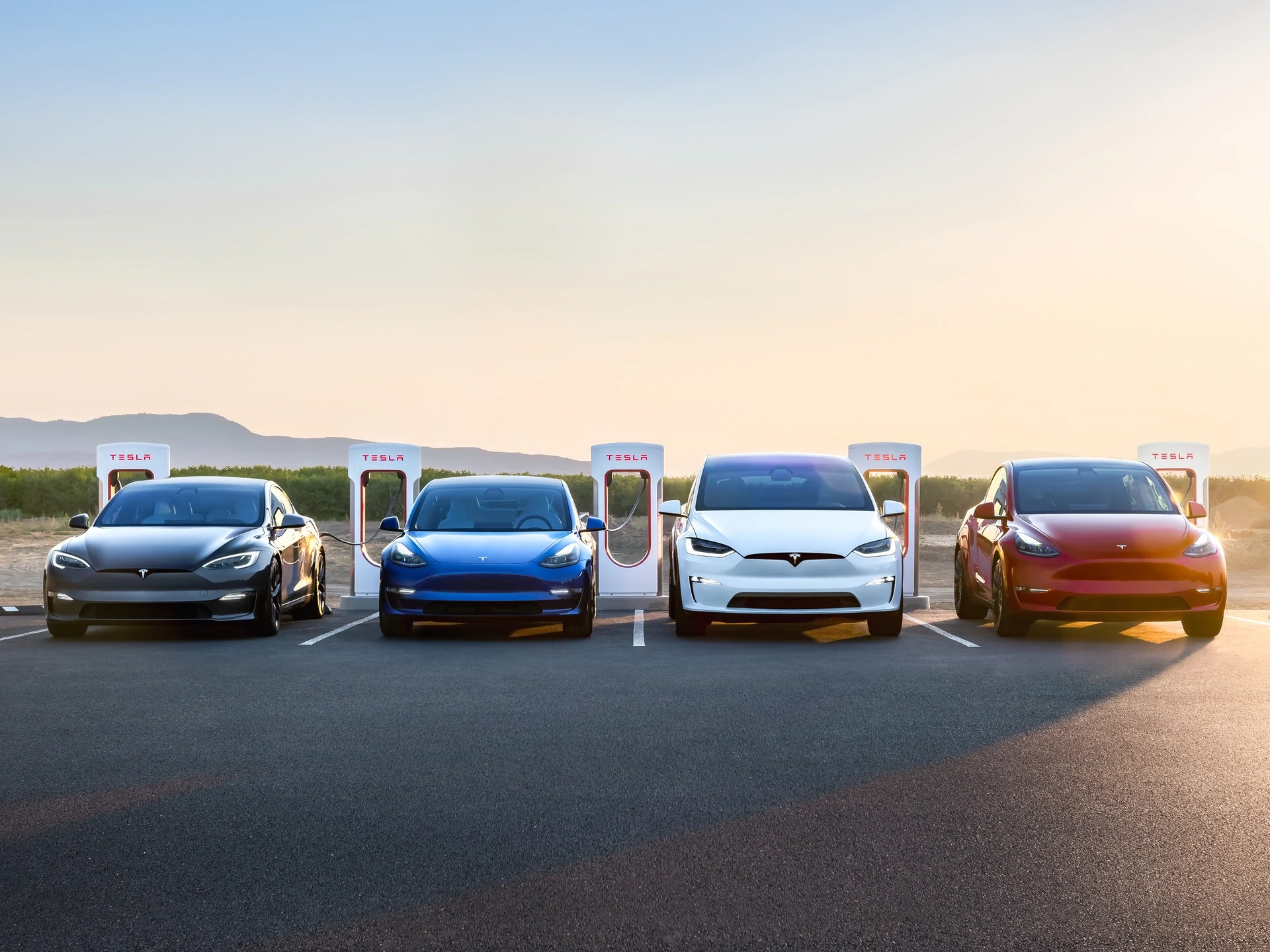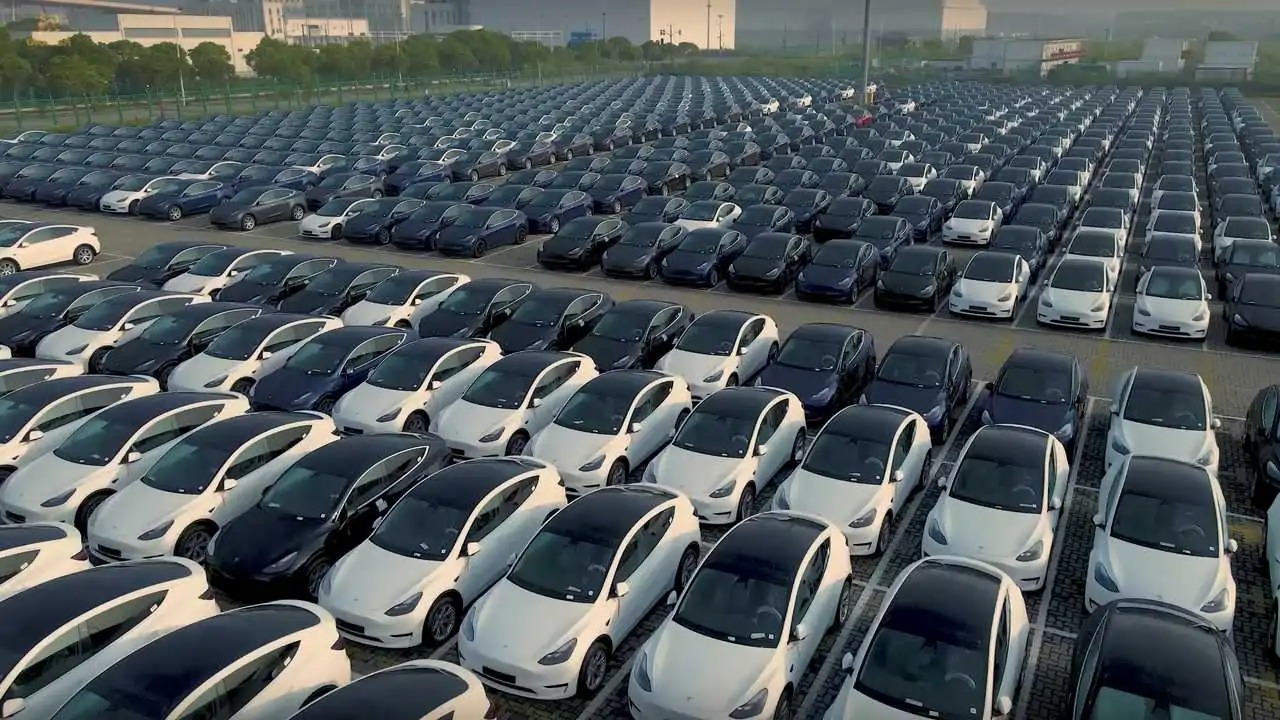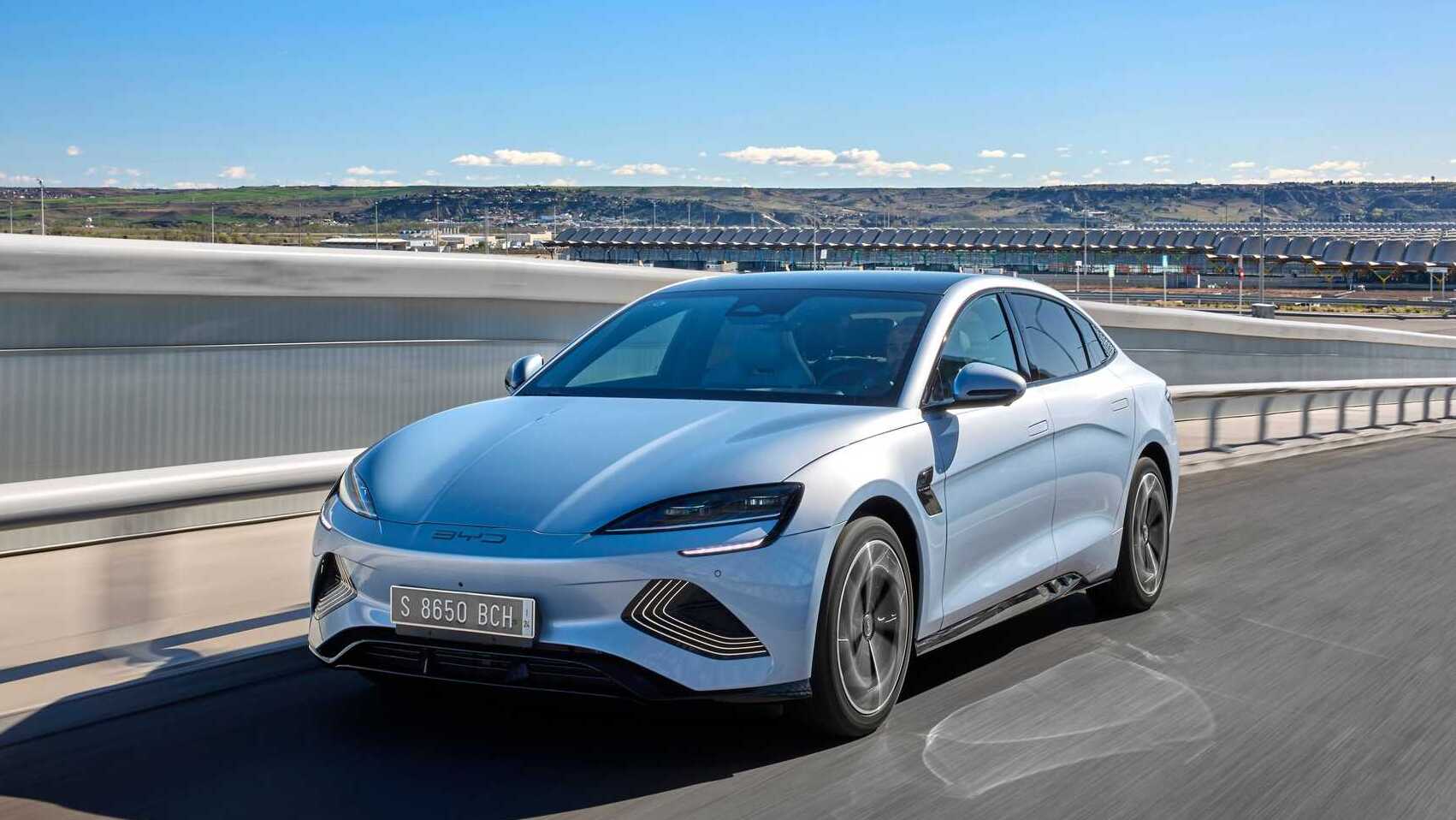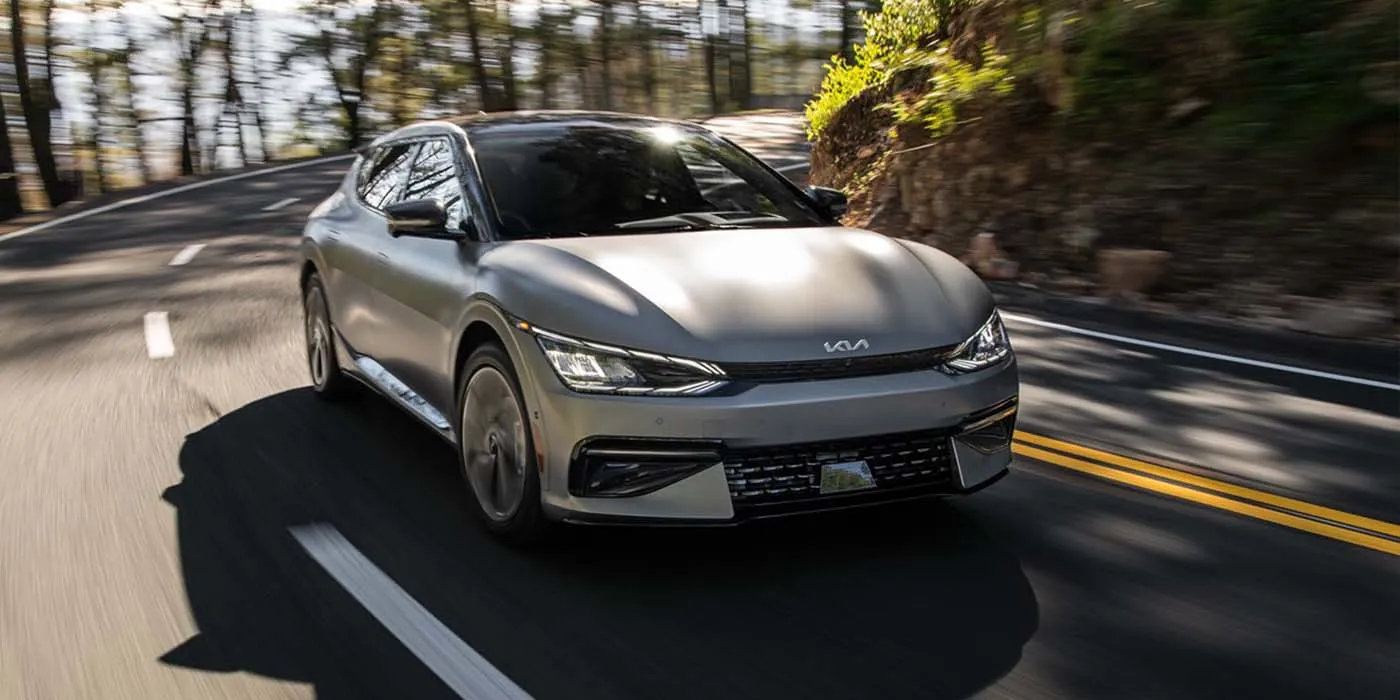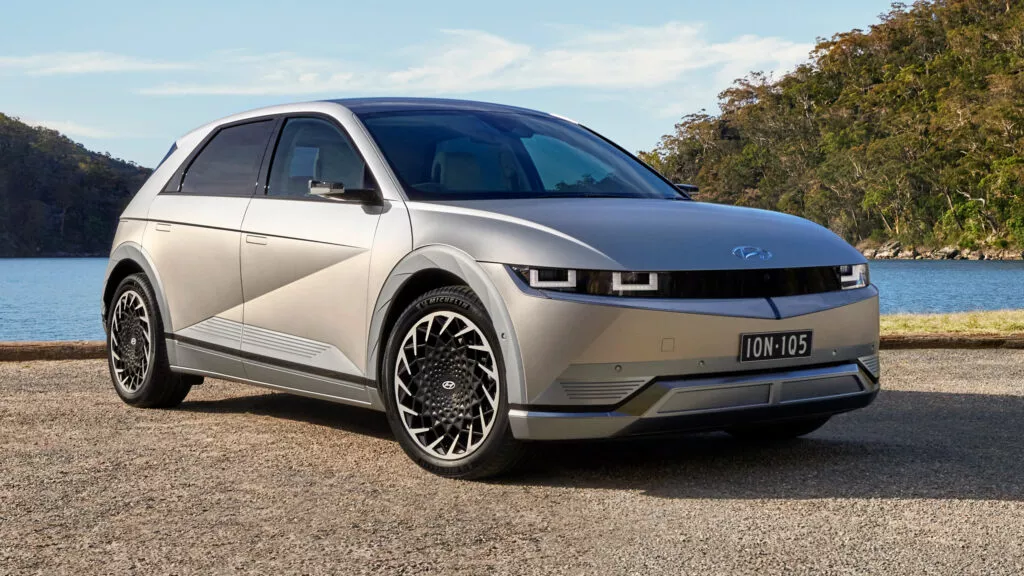Hyundai Motor and Kia have achieved a milestone in the U.S. electric vehicle (EV) market, surpassing 100,000 in combined EV sales, particularly propelled by their electric models based on the E-GMP platform. The automotive group reported this achievement on Sunday, highlighting the success of its dedicated EV platform, E-GMP, which was introduced in 2021 to enhance stability by placing battery cells in the lower center of the car chassis.
Since the launch of Hyundai Motor’s IONIQ 5 in 2021, the automotive group has unveiled four E-GMP-based EVs in the U.S., including Hyundai Motor’s IONIQ 6, Kia’s EV6, and Genesis GV60. The cumulative sales of these models from December 2021 to October 2023 reached 101,976 units. Among them, the IONIQ 5 emerged as the best-selling model with 51,420 vehicles sold, followed by the EV6 with 36,838, the IONIQ 6 with 9,557, and the Genesis GV60 with 4,161.
In the first ten months of this year alone, Hyundai Motor Group recorded a total of 77,772 EV sales in the U.S., marking a robust 53.7% increase compared to the same period in 2022. Hyundai Motor exhibited stronger growth, selling 51,564 EVs, a noteworthy 109.2% year-on-year increase. Kia, during the same period, sold 26,208 EVs, indicating a slight uptick.
Genesis, Hyundai Motor’s luxury brand, is also making strides in the U.S. EV market, with the E-GMP-based GV60 and additional models like the GV70 Electrified and the G80 Electrified. The combined sales of these three models in the first ten months of 2023 amounted to 4,361.
Despite falling short of the targeted 131,000 units for 2023, Hyundai Motor and Kia are anticipated to surpass the 200,000-unit milestone in EV sales by early 2024. The automotive group aims to bolster its local production capacity by constructing a dedicated EV plant in Georgia, boasting an annual production capacity of 300,000 vehicles.
A notable aspect of Hyundai Motor Group’s achievement is that it was accomplished without the benefit of the maximum $7,500 subsidy for EV customers in the U.S. The Inflation Reduction Act, implemented in August 2022, restricted subsidies to EVs finally assembled in the U.S. The group is poised to become subsidy-eligible when its first EV plant in Georgia concludes construction in the second half of 2024.

